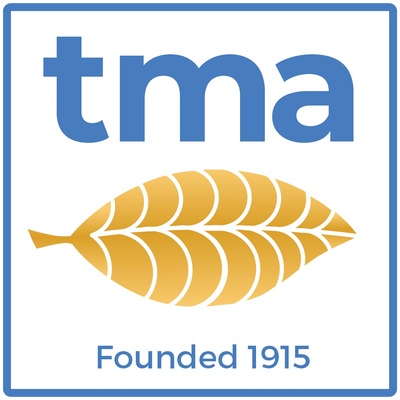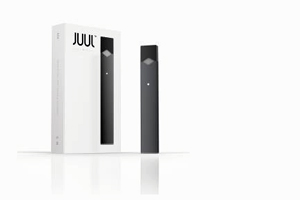The TMA Board of Directors announced the recently completed acquisition of the assets of Raleigh, North Carolina, USA-based SpecComm International, including Vapor Voice magazine. The purchase brings together TMA’s leading member service and information platforms with award-winning trade journalism.
TMA, a non-profit, member-driven organization, provides stakeholders with open and engaging forums and unbiased information on all tobacco and nicotine issues. All the purchased assets will be operated with this guiding principal in mind. TMA announced that it is creating a new division, The GTNF Trust, to operate Vapor Voice Magazine and other purchased assets.
“All of us on the TMA Board are very excited about the future for TMA with the inclusion of these new assets,” said Mike Ligon, TMA Board Chairman. “TMA will create a tobacco and nicotine content experience for industry and all stakeholders that has more depth and coverage than anywhere else. And watch for new topical content coming soon,” added Ligon.
As a member organization, TMA will continue to focus on informative content for tma.org, its 26 publications that provide the information and analysis that TMA members and subscribers depend on to widen their understanding of tobacco and nicotine issues globally, along with its highly regarded Annual Meeting and Conference. TMA will also incorporate Tobacco Farm Quarterly into its publications to better serve the agricultural sector of the tobacco and nicotine industries.
Once operational, The GTNF Trust will be the home of Tobacco Reporter, the oldest tobacco industry trade publication in the United States; Vapor Voice, the stalwart reporter that has stood with the vapor industry since the early days; and the GTNF Conference, the premier forum for international nicotine stakeholders.
Building on their separate legacies of success, TMA and The GTNF Trust will strive to enhance the content and conference offerings that brings valuable new information, insights and understanding to TMA members, GTNF Conference supporters, and the wider community of nicotine stakeholders.
For TabExpo, TMA will work with current licensee TEM Events, lead by Steve Fowler and Barbara Hicks, to continue the success of past expositions and congresses. TEM and TabExpo will leverage the best of TMA and its new assets to deliver an exceptional TabExpo starting with Amsterdam 2019 and continuing on to future expositions and congresses.
TMA President and CEO Chris Greer will oversee TMA and The GTNF Trust. Roberta Crosby, TMA’s Vice President and Chief Financial Officer, will oversee finances and administration for TMA and The GTNF Trust. Elise Rasmussen will join TMA as The GTNF Trust Executive Director and TMA Vice President of Sales and Marketing. Taco Tuinstra, Tobacco Reporter’s Editor in Chief, will join TMA as Vice President and Chief Content Officer with responsibilities for all magazine content. Darryl Jayson, TMA’s Vice President and Chief Operating Officer, will be responsible for TMA content and legacy TMA operations. Mike MacDonald will join TMA as Director of Product and Circulation. Joining the management team is TMA’s Chris Moll, who will become Director of Information Services and will oversee IT infrastructure, further development of tma.org, the online magazines, TabExpo and GTNF websites. All appointments are effective immediately.
“All of us at TMA are eager to combine TMA’s platform with the tremendous content of the magazines and successes of the GTNF and TabExpo,” said TMA President & CEO Chris Greer. “TMA has been working on this purchase for some time and the Board and staff believe that the acquisition brings more value to membership, provides enhanced content for our subscribers, and enables TMA, GTNF, and TabExpo to deliver world class forums, conferences and expositions that bring people and ideas together.”
To experience all that TMA offers, visit us at tma.org and join us for the TMA Annual Meeting & Conference on April 8-10, 2019 at the Marriott Fairview Park in Falls Church, Virginia. You can also join the debate at the GTNF Conference on September 24-26, 2019 at the Georgetown Four Seasons, Washington, DC.
For further details, contact tma@tma.org.










